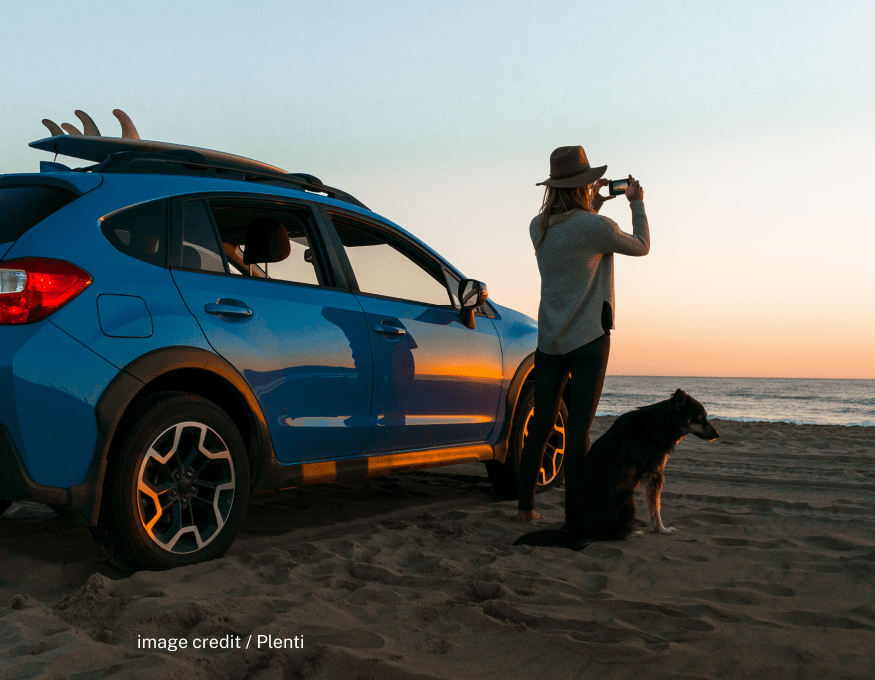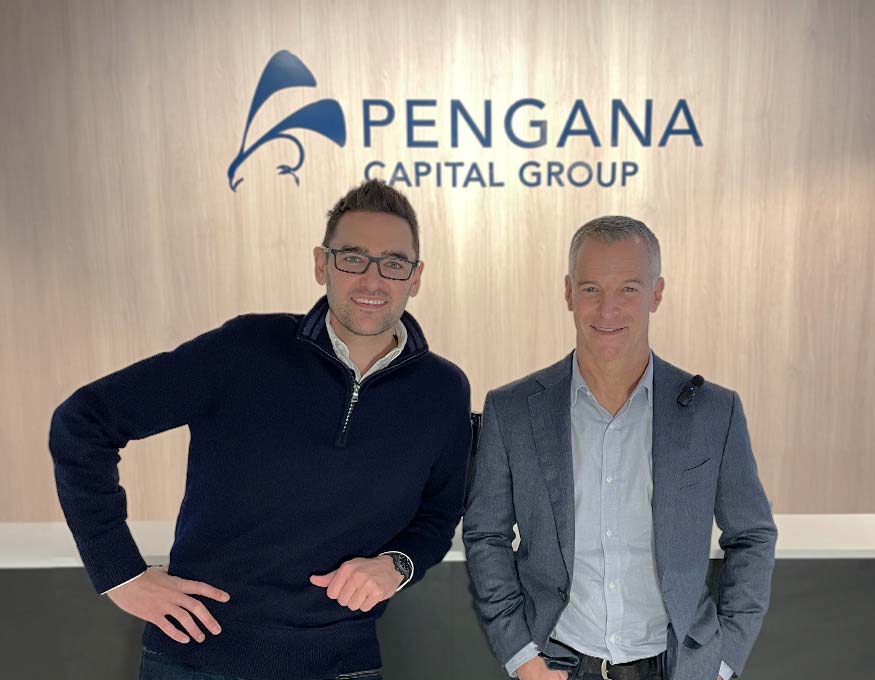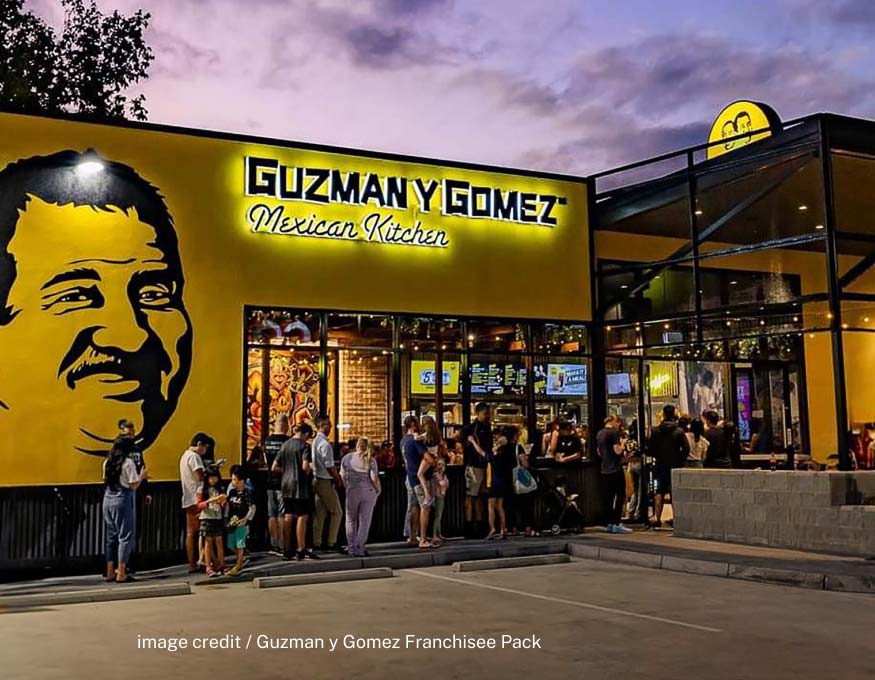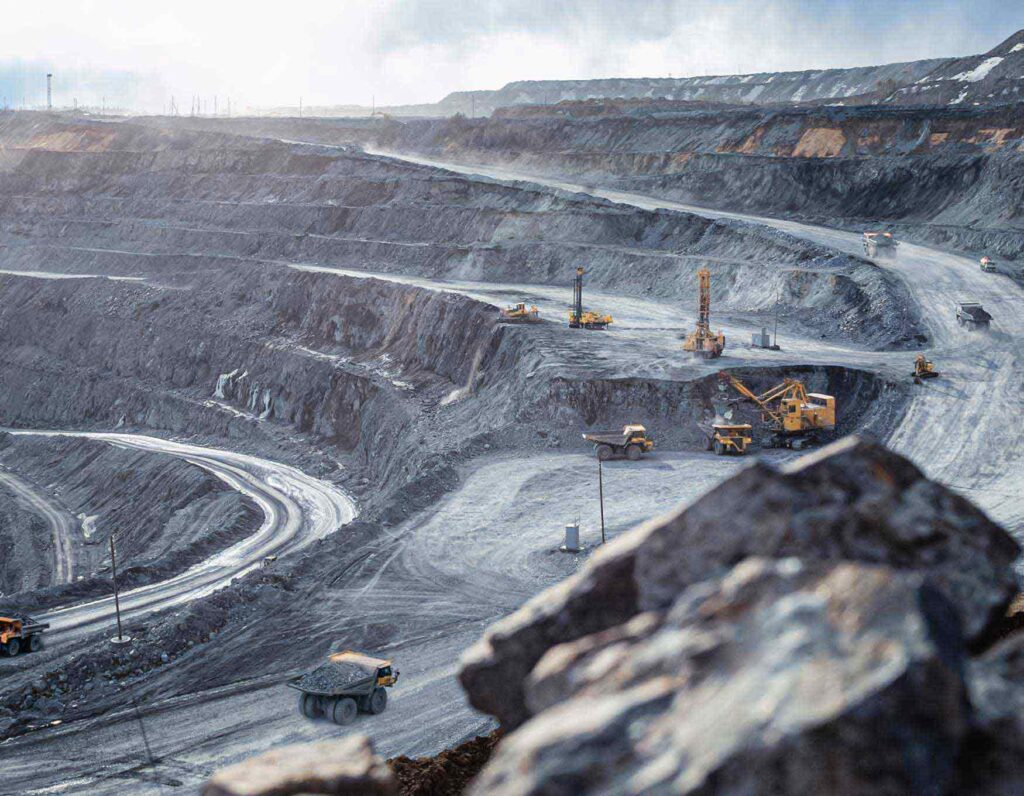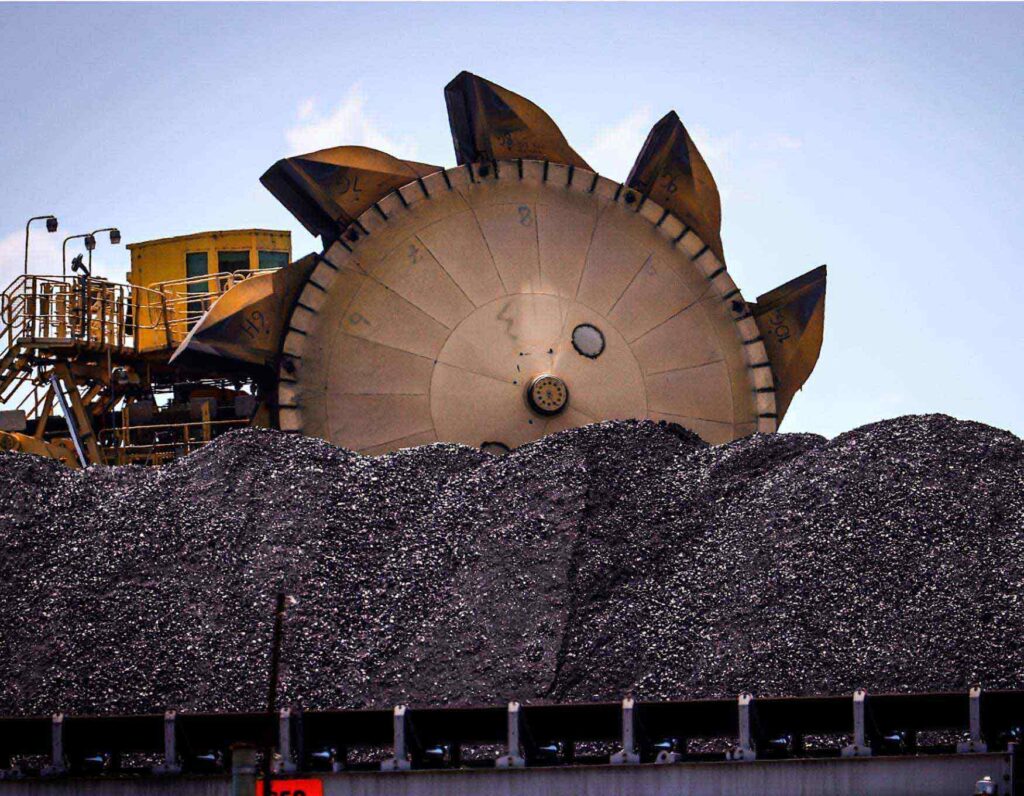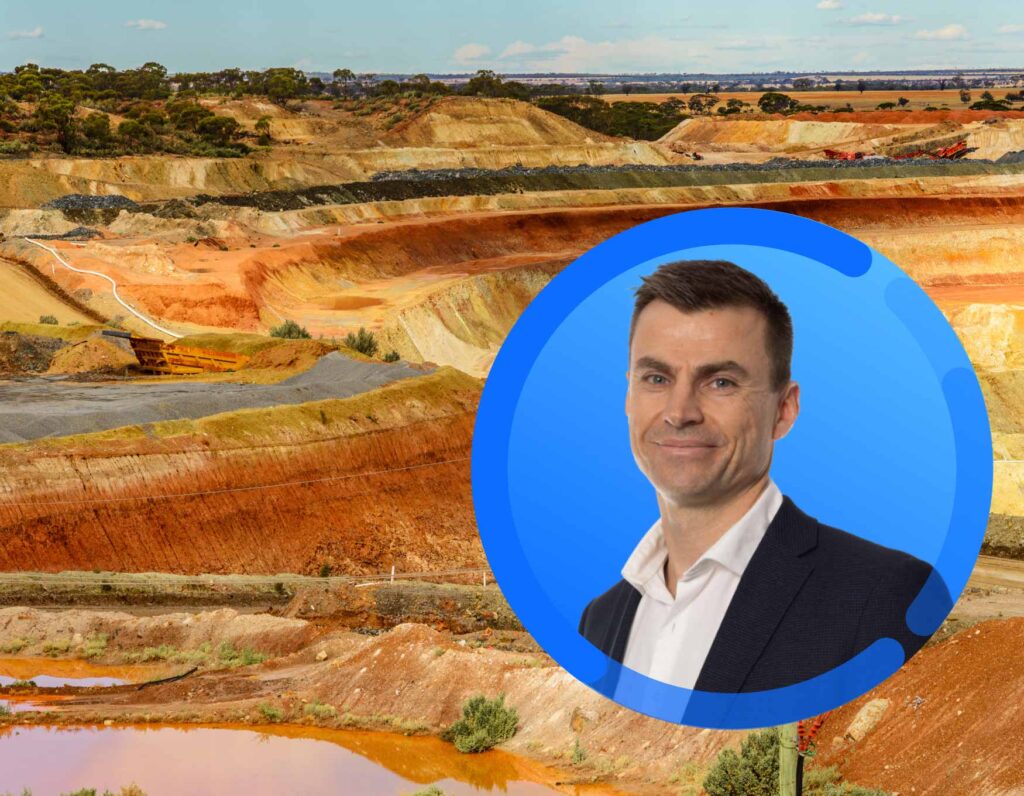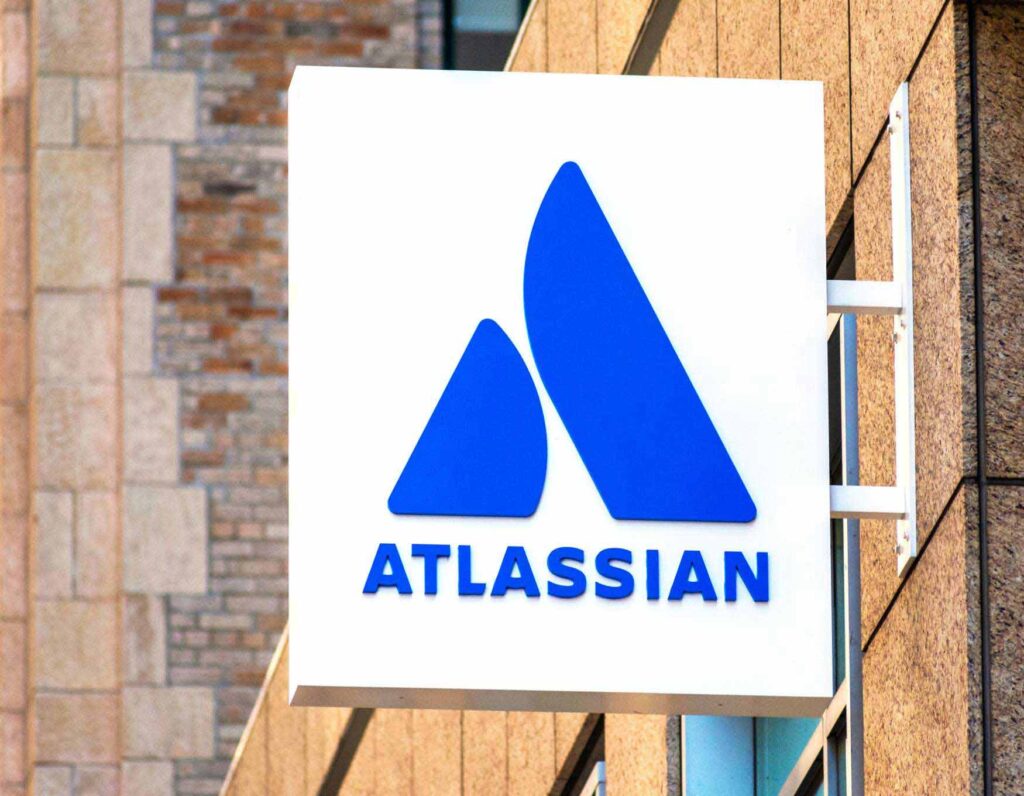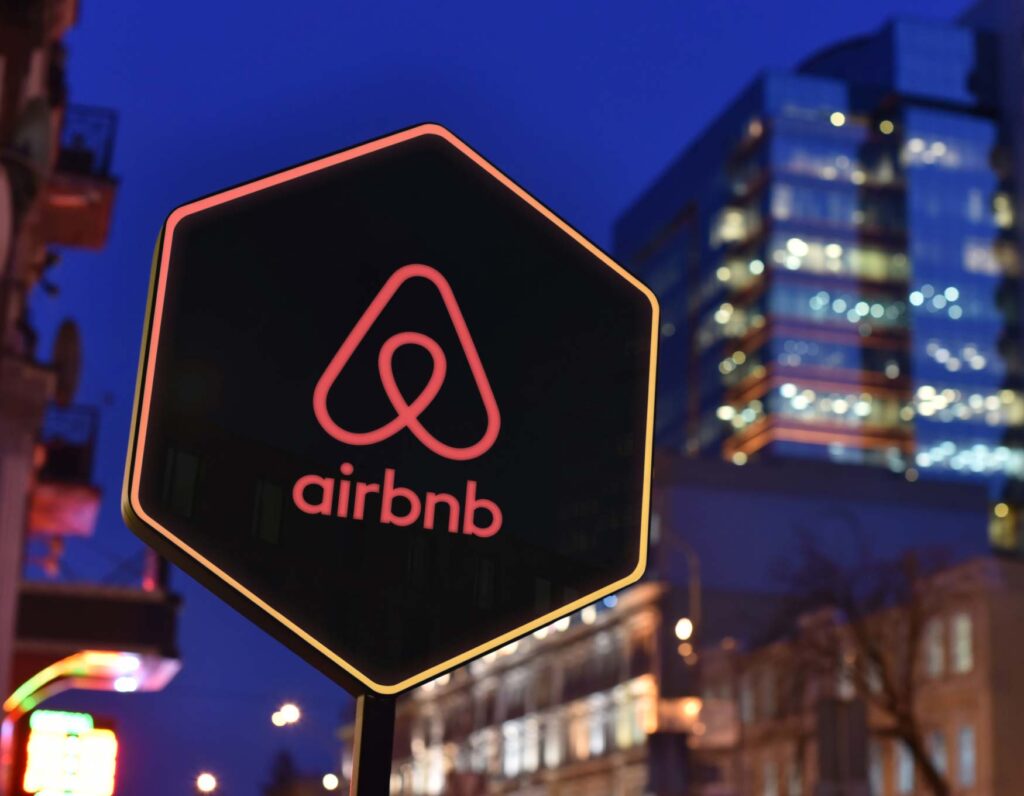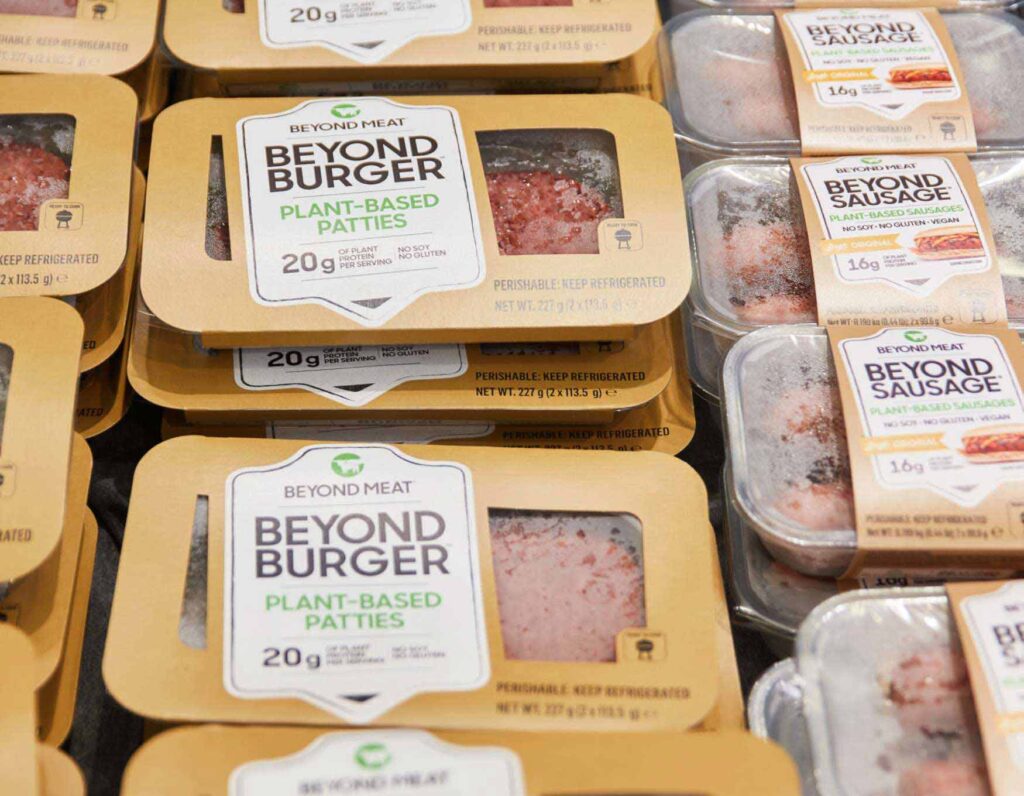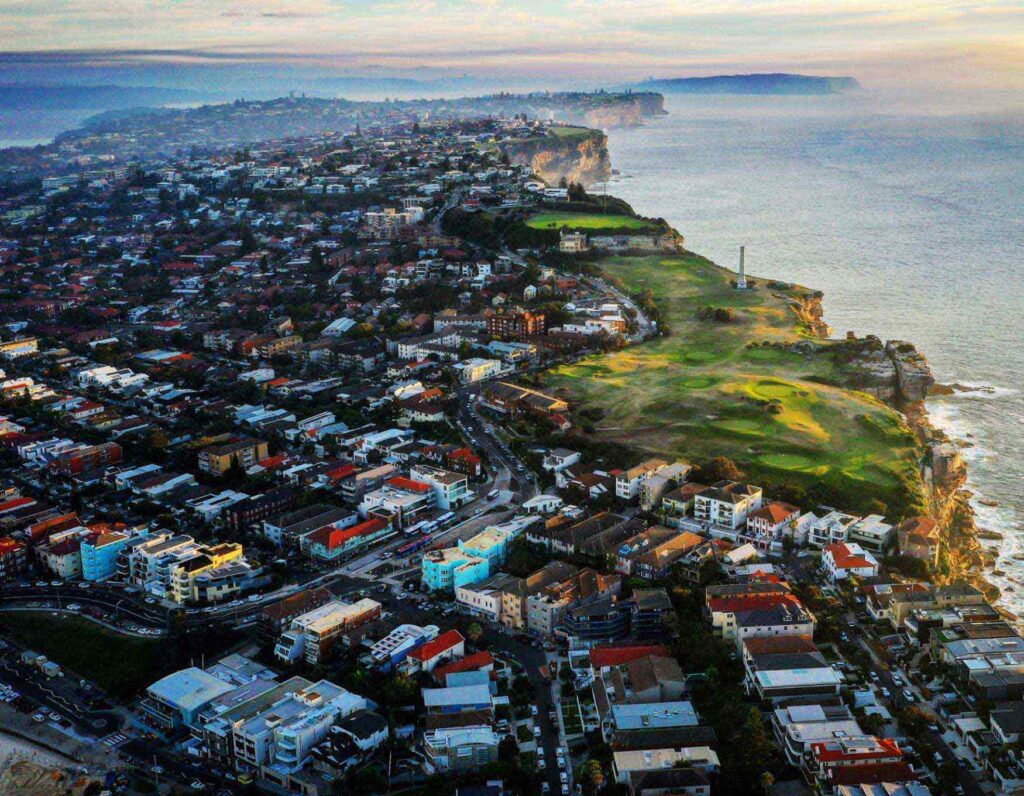Scan this article:
Transurban has managed to outplay politicians and rivals alike to build one of the dominant monopolies in Australian history. Read more below.
The origins of Transurban
In 1994, Australia looked very different. Emerging from the recession we had to have, Paul Keating was in the Lodge and Allan Border was captaining the Australian cricket team.
More startling however was the fact there wasn’t a single toll road in existence. That was all set to change however with the Victorian state government signing a $1.8 billion deal in 1995 that would make Melbourne’s CityLink the first private road in Australia.
The tough negotiators behind the deal? Transurban, a company that over the next three decades would expertly outmanoeuvre governments and competitors alike to build the kind of monopoly other businesses can only dream about.
Today, the $40 billion titan controls nearly every single toll road on the East Coast while bureaucrats and rivals can do little else but look on in disbelief.
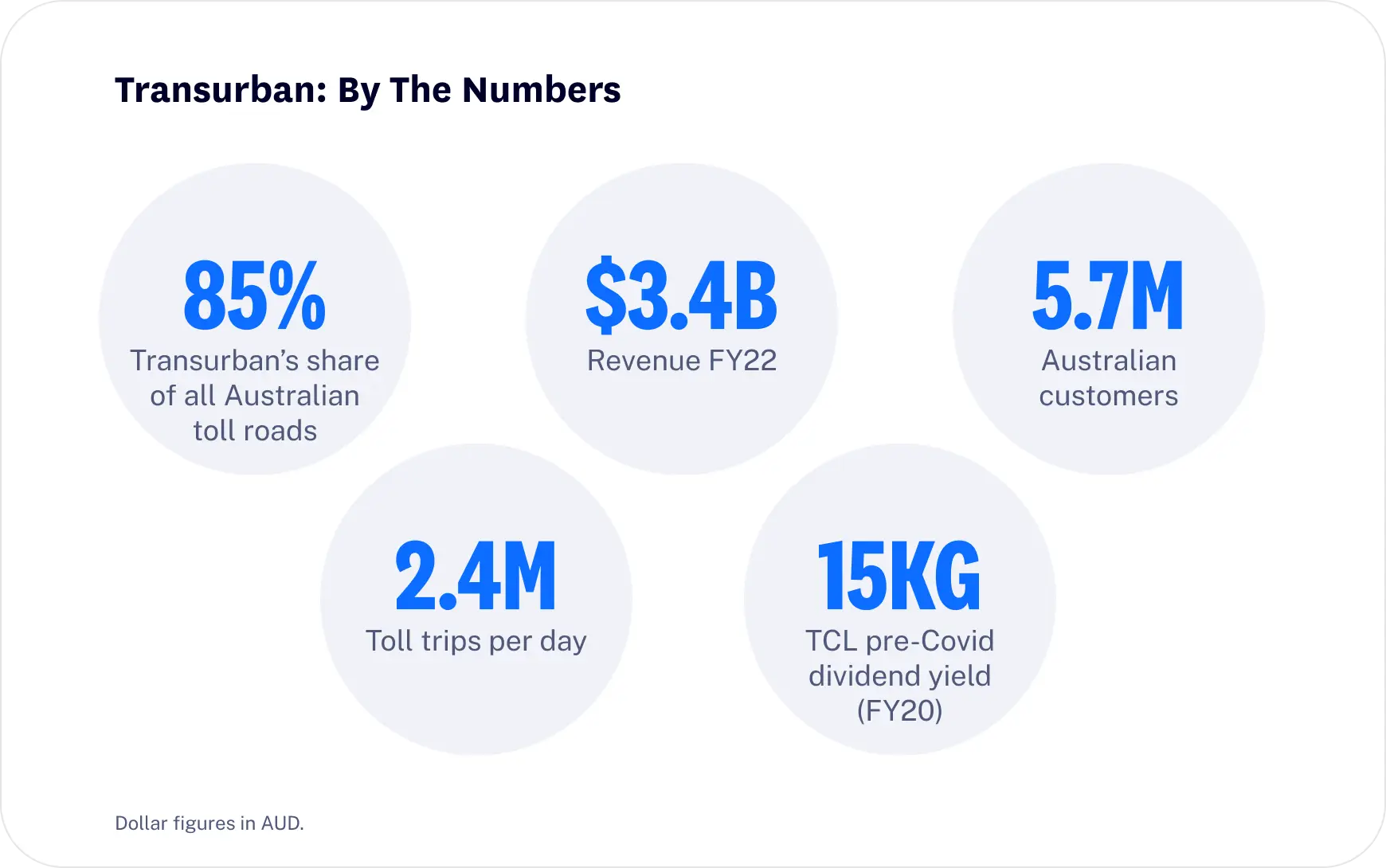
🤨 Did you know? Transurban operates 18 of Australia’s 21 toll roads.
The opportunity
If you’ve ever driven around Sydney, Melbourne or Brisbane, there’s a good chance Transurban has taken your money. In fact, short of taking a congested public road, there are almost no alternatives.
Across Australia and North America, Transurban operates no fewer than 21 roads with seven more in development.
Its iron-like grip on road transportation means there is little genuine competition in Australia for the ASX behemoth. What’s fascinating however is the fact that nobody, from state premiers to the competition watchdog itself, has managed to challenge this status quo.
While it may frustrate Australian drivers who pay through the nose, its market dominance has charmed investors. Continually growing over the years, TCL is now worth four times larger than it was at the turn of the century.
More importantly, it continues to generate cash for long term investors, churning out dividends every six months.
All the while, Australian capital cities are growing ever more crowded. Take Melbourne, where the population is projected to just about double by 2050 and overtake Sydney. That’s a lot of extra people and, presumably, many more cars and roads.
The challenge
Infrastructure has been a historically resilient sector to invest in. Through recessions and booms, people still need roads, railways, and airports – or so the thinking goes.
There are of course exceptions. 9/11 briefly grounded planes and sunk holiday plans. Pandemic era lockdowns kept us all at home. Investors couldn’t really have predicted either and yet they happened and suddenly their investments were just sitting there, lying there unused.
COVID headwinds for example have helped cut Transurban’s dividends and put downward pressure on its share price. Aside from calamities, however, there are other pressures that threaten businesses like Transurban.
While infrastructure might better withstand rising interest rates and recessions, they’re not invulnerable to economic shifts. A rising cost of living and dwindling disposable income could make drivers more toll adverse for example. High petrol prices could similarly dampen road demand while inflation has already begun pushing up the costs of building tomorrow’s projects.
Nor is Transurban immune from longer-term trends. The rise of work from home arrangements for example threatens to take millions of commuters off the roads, never to return. Other trends could prove even more disruptive. Will new technologies like virtual reality for example neatly substitute our need to be together in the same physical space?
Perhaps, perhaps not. While these challenges are unclear, they are worth considering for the long term investor.
The future of Transurban
Right now, Transurban’s road ahead is more concrete. The company is keeping some of its powder dry, spending big today to develop new toll roads that promise future growth.
It’s a bet that driver behaviour will continue to normalise in a post-pandemic world. So far, that looks like it’s working out with the three months to June busier on roads than the same quarter in 2019.
Cash remains the name of the game. TCL’s incoming chair says it wants to strengthen its cash flow to the point when it can finance new projects without the need for outside investors, giving the company even more firepower.
It likely has the wiggle room to get there. Transurban is currently permitted to hike tolls on the roads that generate 68% of its revenue.
With new projects slated to open in the coming years from Maryland to Melbourne, such an achievement would mark yet another chapter for the ‘meta monopoly’.
Superhero does not provide financial advice that considers your personal objectives, financial situation or particular needs. Any advice provided is intended to be of a general nature only.

Become a part of
our investor community
Why you should join us:
- Join free and invest with no monthly account fees.
- Fund your account in real time with PayID.
- Get investing with brokerage from $2. Other fees may apply for U.S. shares.
Read our latest articles
Make knowledge your superpower and up your skills and know-how with our news, educational tools and resources.


